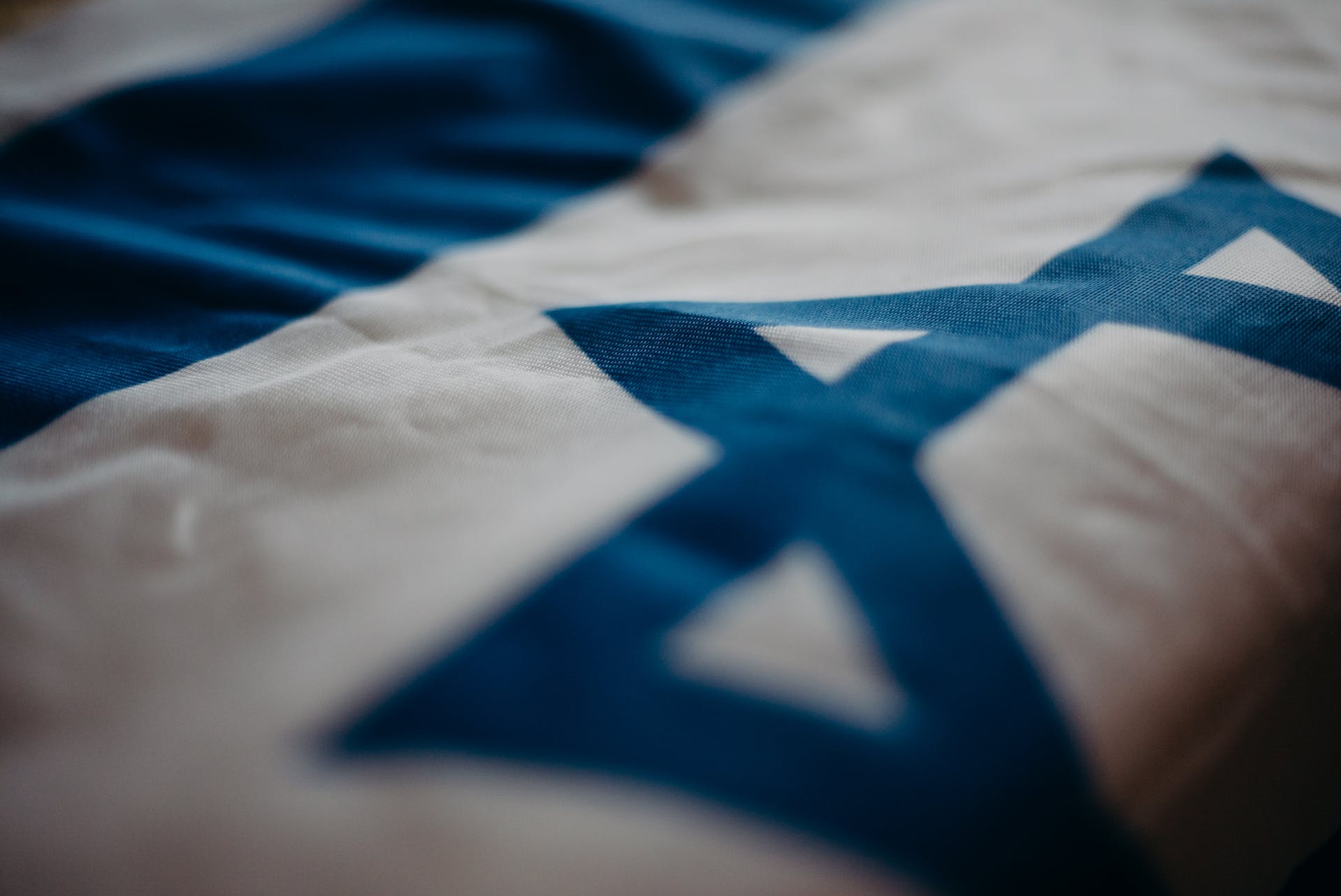Israel and Hamas Extend Gaza Truce Amid Continued Tensions

In a recent turn of events, Israel and Hamas have concurred to prolong the ongoing ceasefire, now entering its seventh day. This agreement, highlighted in a report by the New York Times, emerges against a backdrop of challenges within both Israel and Gaza. The extension aims to further the release of captives and enhance the delivery of humanitarian aid into the Gaza Strip.
Gaza’s Humanitarian Situation
The extension of the truce has brought some relief to the humanitarian situation in the densely populated Gaza Strip, which has suffered extensive damage from Israeli airstrikes. These airstrikes were in response to a significant assault by Hamas militants on October 7. The ceasefire has been crucial in facilitating the entry of aid to the region’s 2.3 million inhabitants.
Recent Violence in Jerusalem
Notwithstanding the truce, a recent violent incident in Jerusalem has reignited concerns over a possible escalation in hostilities. In this incident, a bus stop was attacked by two Palestinian assailants during a busy period, leading to several deaths. Israeli officials, including National Security Minister Itamar Ben-Gvir, have strongly condemned the attack, calling for a robust military response towards Hamas.

Hostage Release Negotiations
Under the terms of the ceasefire, Israel demands the release of at least ten hostages daily. On Thursday, a list of hostages to be released was provided by Hamas, preventing a return to conflict. So far, 97 hostages have been released during the truce, including 70 Israeli women and children, and 27 foreign nationals.
International Diplomacy and Mediation
U.S. Secretary of State Antony Blinken, during his third visit to the Middle East since the conflict’s escalation, expressed hope for the continuation of the truce. Qatar, Egypt, and the United States have been key mediators in these negotiations. The Qatar foreign ministry spokesperson confirmed that the conditions of the ceasefire remain unchanged.
Challenges and Prospects for Peace
The ceasefire, though a step towards peace, does not signify the end of hostilities. With a high death toll in Gaza and substantial displacement, the region faces an “epic humanitarian catastrophe,” as described by U.N. Secretary-General Antonio Guterres. International agencies, along with Jordan, are coordinating to provide necessary aid to Gaza. However, Israel and the U.S. remain firm in their stance against a permanent ceasefire, viewing it as beneficial to Hamas.
Upcoming Elections in Taiwan
The situation is further complicated by the upcoming presidential and parliamentary elections in Taiwan on January 13, with the Democratic Progressive Party’s Lai Ching-te leading in polls. President Tsai Ing-wen’s administration continues to seek dialogue with China, advocating for Taiwan’s democratic rights and sovereignty.
Conclusion
The extension of the ceasefire offers a brief respite in a region marked by longstanding conflict and political tension. However, the future remains uncertain, with diplomatic efforts ongoing to find a lasting solution to the crisis that balances security concerns and humanitarian needs.
©globalpeacemovement.org
